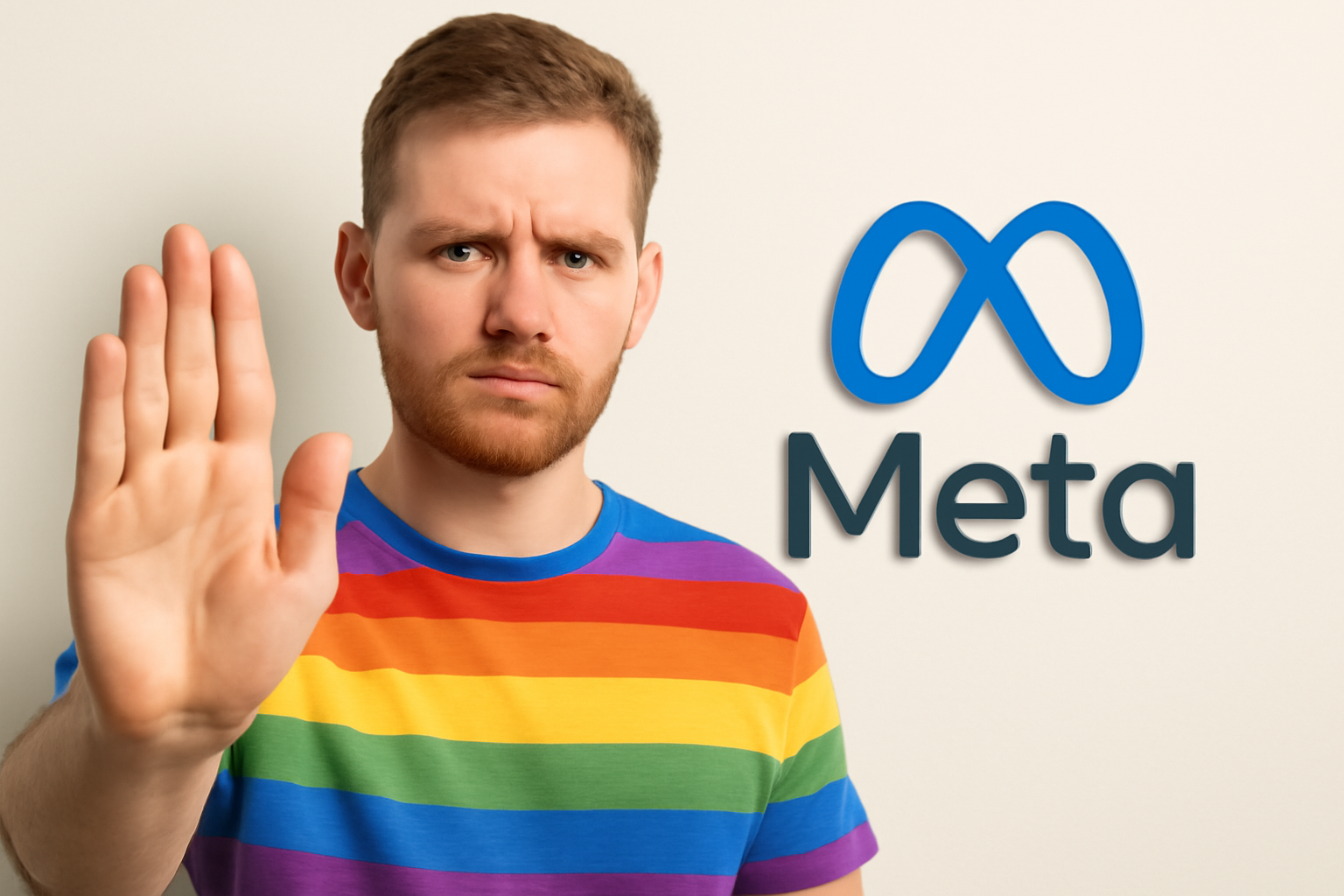
In a surprising move, Meta, the tech giant formerly known as Facebook, has announced that it will be scaling back its Diversity, Equity, and Inclusion (DEI) programs. This decision has sparked conversations and mixed reactions across various communities, especially among those who value corporate responsibility and inclusive practices.
The Background of DEI at Meta
Diversity, Equity, and Inclusion initiatives have been a core part of Meta’s identity in recent years. These programs were designed to foster an inclusive workplace environment, ensure diverse representation within the company, and address equity disparities. The DEI initiatives at Meta involved various strategies, including inclusive hiring practices, employee resource groups, and leadership training.
Meta has often highlighted its commitment to building a culture where every employee feels they belong. However, the recent shift in strategy marks a significant turn in Meta’s approach to inclusivity.
Meta's New Strategy
The company now plans to integrate DEI objectives into broader organizational goals, rather than maintaining distinct programs focused solely on DEI. Meta's leadership argues that this integration will lead to more sustainable and impactful outcomes. They believe that by embedding DEI principles into everyday operations, the company can achieve inclusivity in a more organic manner.
Some have praised this approach, noting that it reflects a mature stage of DEI where inclusivity is woven into the fabric of the organization, rather than being treated as an isolated initiative. However, others are concerned that this change might dilute the focus and resources previously dedicated to DEI efforts.
Reactions from the Community
The reaction from former employees and diversity advocates has been varied. Some see this as a step backward, fearing that without dedicated DEI programs, important conversations around diversity and inclusion may lose momentum. They argue that DEI initiatives require specialized attention and resources to be effective.
Others in the tech industry worry about the message this sends to other companies. Meta has been a leader in setting trends for corporate practices. If they are scaling back on DEI, it could influence other organizations to follow suit, potentially slowing progress in workplace diversity across the sector.
What This Means for LGBTQ+ Employees
For LGBTQ+ employees and allies, this shift raises questions about the future of support networks and resources within the company. Employee resource groups, which often play a crucial role in supporting minority communities, might face changes in structure or support.
Some LGBTQ+ employees have expressed concern that the changes might affect the visibility and attention given to their issues. They emphasize the importance of having dedicated spaces and initiatives that specifically address the unique challenges faced by LGBTQ+ individuals in the workplace.
The Future of DEI
While Meta’s decision is a significant development, it also reflects a broader conversation happening in the corporate world about the best ways to achieve inclusivity. Some experts suggest that the key lies in finding a balance between integrated approaches and dedicated programs.
Meta’s new direction will undoubtedly be watched closely by other companies, DEI professionals, and advocacy groups. The effectiveness of their new strategy will likely be a case study for future DEI efforts in organizations worldwide.
As the conversation around diversity, equity, and inclusion continues to evolve, it is clear that there is no one-size-fits-all solution. Companies like Meta are experimenting with new approaches, and the outcomes of these experiments will shape the future landscape of corporate inclusivity.
For now, the spotlight remains on Meta as they navigate these changes and their implications for employees, stakeholders, and the broader community.
Related Posts
Kelly Clarkson Delights Fans with Playful Cover and Queer-Friendly Vibes
Kelly Clarkson charms with a fun song cover Kelly Clarkson, who we've come love as both an incredible singer and host on her daytime talk show, recently won over fans with a delightful performance on her Kellyoke segment. She's famous now not just as an artist but also as a masterful cover performer, and this time she chose a classic that really resonated with her LGBTQ+ fans. Lately, Clarkson's [...]
Trump Inaugurated as 47th President Amid Concerns for LGBTQ+ Community
Donald Trump has been sworn in as President once again, marking his second term as America's 47th leader. This significant event in U.S. politics promises profound impacts, especially concerning LGBTQ+ rights. Taking office: promises and challenges Amidst a harsh winter storm, Trump took his oath indoors at U.S. Capitol on January 20. Alongside him, Vice-President JD Vance also stepped up, both [...]
Daniel Craig's "Queer" Overlooked by BAFTA: A Surprising Omission
Daniel Craig's film, Queer, snubbed by BAFTAs despite rave reviews In a surprising twist, Daniel Craig's newest film, *Queer*, failed completely on BAFTA's nomination list this year. It's a head-scratcher, considering how critics have sung its praises and Craig delivered such a standout performance. Yet, not a single nod from BAFTA. Go figure. fans and critics baffled by BAFTA snub The exclusio [...]